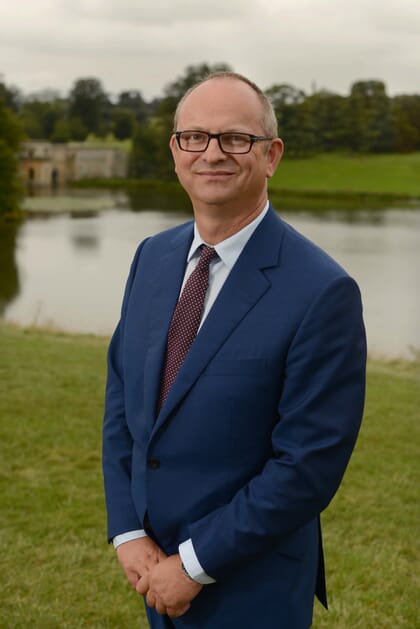According to the UN, sustainable sea farming will undoubtedly be an important source of food in the years to come. Not only is 70 percent of the world’s surface covered by water, but seafood production also requires fewer resources than producing food on land. With this in mind, ahead of tomorrow’s Sustainable Growth Forum in Bergen, it’s strange that the Norwegian debate on aquaculture almost exclusively focuses on the negative sides of salmon farming. My impression is that few Norwegians know the incredible role the industry’s knowledge of, and competence in, sea farming plays in creating a sustainable aquaculture industry.

The salmon industry definitely has environmental challenges which it needs to solve. But while aquaculture of some species is still in its infancy in terms of technological development, the global salmon industry is advanced and technologically developed. Many of these solutions have been developed in Norway and can improve aquaculture, and the production of healthy food, on a global basis.
We see examples of this every day. In Norway, Benchmark’s subsidiary Salmobreed has developed strains of salmon that are more resistant to sea lice as well as a number of common salmon diseases. This not only improves fish welfare, but it also reduces the industry’s impact on the environment. Through breeding new strains, we can prevent the negative effects of salmon farming. We have, among other things, almost eliminated the highly damaging IPN virus by using modern breeding technology to select fish that are naturally resistant to the disease.
We are now using this technology and knowledge to farm shrimp and tilapia more sustainably in other parts of the world. Tilapia is a vital source of food for millions of people, especially in developing countries. New ways of breeding tilapia more sustainably make it possible to produce healthy food for more people, use less medicines, and reduce the industry’s environmental footprint.
We see that the same transfer of knowledge is happening in other areas as well – such as the evolution of increasingly sophisticated farming equipment and production methods. In this way, the salmon aquaculture industry can contribute to achieving the UN’s sustainable development goals.
On the eve of the Bergen summit, it is important to discuss and find new solutions to the challenges the salmon industry faces in Norwegian fjords. This is a priority, but we must not forget that the Norwegian industry – and the salmon industry in general – also plays a bigger, global role. Through knowledge transfer, the industry’s technology could be Norway’s most important international contribution to sustainable development.

